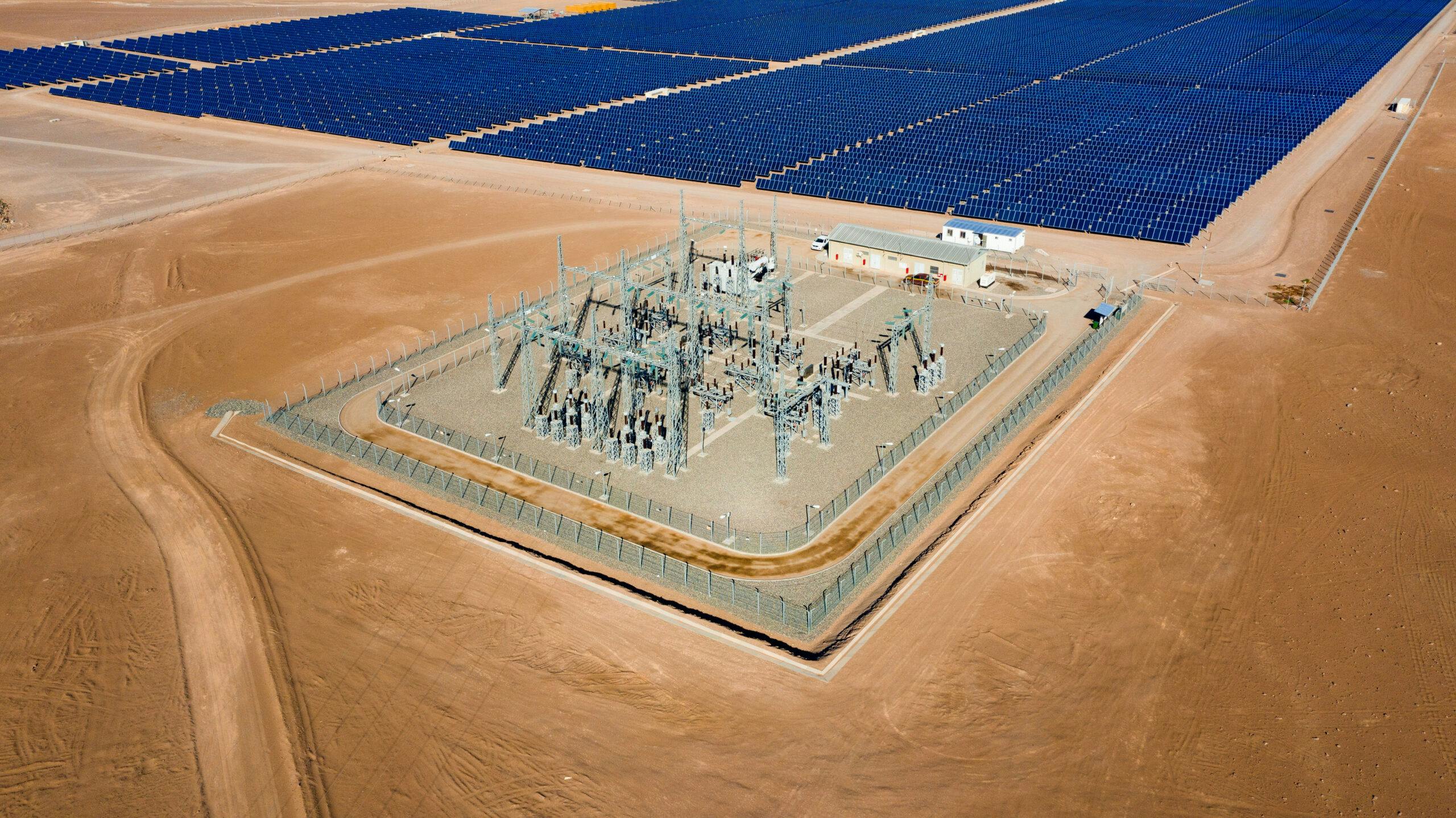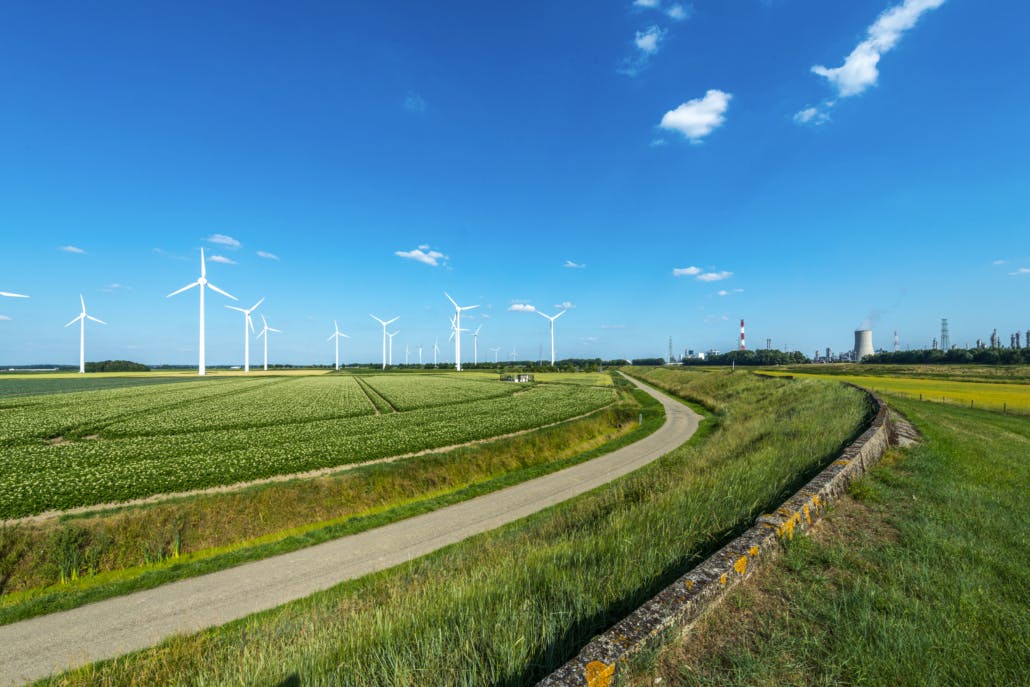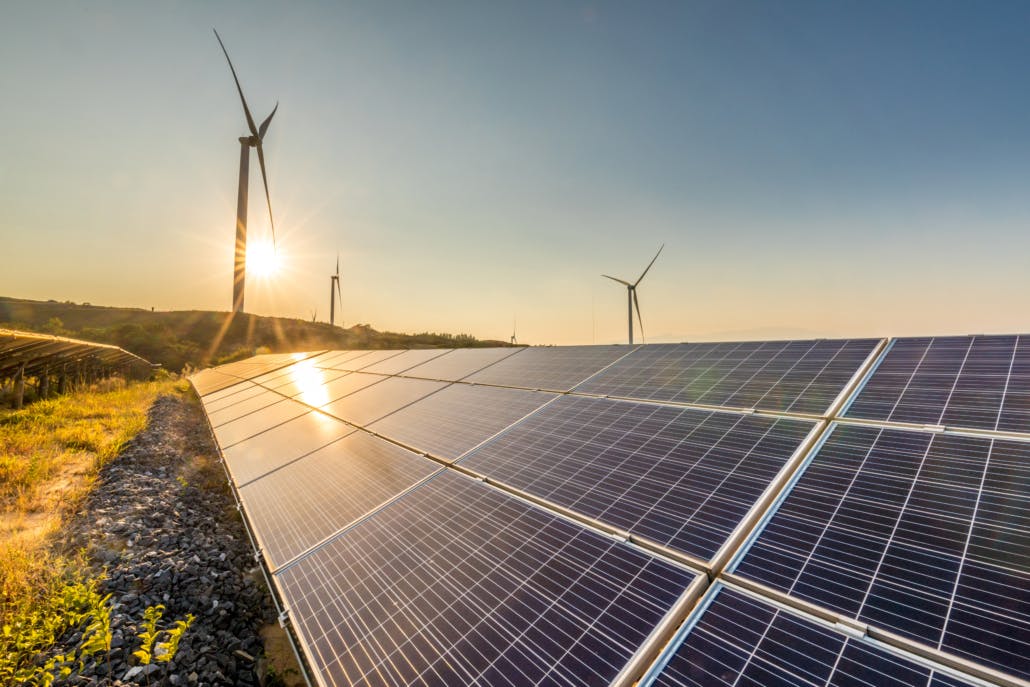Social License: The Crucial Factor in Ensuring a Responsible Energy Transition

Renewable energy projects play a vital role in the energy transition. Their successful implementation hinges on the application of ESG criteria, proactive community engagement, and obtaining the social license from the local communities in which they are situated.
Every day, individuals are increasingly recognizing the imperative to transition from fossil fuels as the primary energy source and are acknowledging the fundamental role of renewable energies in shaping the future energy landscape.
For instance, in countries like Spain, 79% of the population supports renewable energies as the focal point in combating climate change. Notably, Spain has achieved a significant level of renewable energy integration, with renewables accounting for half of the total energy consumption in 2023.
Moreover, the country is set to witness the implementation of numerous wind and solar photovoltaic projects in the coming years. This trajectory mirrors the landscape in Latin America, where a remarkable 460% surge in wind and solar capacity is anticipated, driven by the launch of new projects.
To ensure the successful development of energy projects, it is essential for the communities residing near these projects to actively engage in the planning and execution processes. This community involvement plays a pivotal role in granting renewable energy companies the crucial “social license” to operate.
Acquisition of a social license in renewable energy projects
“Today, citizens are increasingly interested in environmental issues; they are more informed and have more tools,” says Javier Palacios, ESG director of Atlas Renewable Energy in Chile.
The evolving perspective on community engagement has propelled companies like Atlas Renewable Energy to enhance relationship-building and action strategies focused on the well-being of communities and the territories where renewable energy projects are situated. All initiatives align with ESG standards.
Initiating collaborations with communities at an early stage marks the primary step in securing the social license. This proactive engagement fosters trust and facilitates a profound understanding of community dynamics. As Palacios articulates, incoming companies become the “new neighbors.”
The development process for renewable energy facilities typically spans three to four years for design, with an additional two years for construction. Once operational, these plants have a lifespan of 15 to 35 years. Palacios emphasizes, “establishing positive community relations from the outset is essential. A lack of early engagement may hinder access to project sites, impacting environmental and engineering studies. It underscores the interconnected nature of these considerations.”
A strained relationship with communities can lead to construction delays, potentially resulting in non-compliance with energy supply commitments to customers or financial objectives.
Despite the intuitive nature of this premise, best practices are not consistently followed. According to a recent survey by Chile’s Environmental Assessment System (SEA), 62 projects are facing legal action from communities, with 26% related to energy projects.
Community grievances stem from projects impacting living standards and inadequate adherence to sound ecological practices during construction—a phase that typically exerts the highest environmental footprint—or operation. Concerns range from unfulfilled promises of reforestation or soil compensation to noise pollution and particulate emissions.
“Not all companies prioritize investments in social responsibility and community engagement from the outset. Atlas does,” underscores the ESG Director of Atlas Renewable Energy in Chile.
Programs Focused on Productive Advancement
Securing the social license marks just the initial phase of Atlas’s direct engagement with local residents. The collaborative partnership between the community and the company transcends project engagement to encompass the establishment of initiatives that enhance community development in education, infrastructure, and employment opportunities.
In Mexico and Brazil, Atlas introduced the “We Are Part of the Same Energy” program, dedicated to expanding employment prospects for women in the community within the renewable energy plant. Through comprehensive training encompassing module assembly, permit administration, logistics coordination, machinery operation, quality oversight, and health, safety, and environmental standards, it becomes evident that the social license serves as a catalyst for ongoing collaboration. This joint effort transforms project development into a sustainable and profitable venture.
This project was replicated in Chile in 2020 during the construction of the 230 MW Sol del Desierto solar plant in the María Elena, Antofagasta commune. There, 95 women, representing 14% of the workforce, were hired and promoted to technical and leadership positions.
Another sector in which Atlas has worked with the community is education: in partnership with The Pale Blue Dot (a Mexican organization that promotes educational projects), a digital classroom program was implemented in eight schools, and a public library was built.
“These types of projects have a long-term vision. It is not about executing a specific project, but rather about forming long-term valid partnerships during the construction and operation phases,” the ESG director of Atlas Renewable Energy in Chile emphasizes.
Advantages for the Energy Offtaker
The symbiotic relationship cultivated with the communities yields positive effects on the ultimate recipient of the energy—the energy buyer. The benefits for the consumer are twofold, irrespective of the motivation to opt for clean energy. Firstly, by securing the social license and fostering strong community ties, the project can progress swiftly in its construction phase, ensuring timely energy supply.
Secondly, there is an enhancement of corporate image. The demonstration of a company engaged in socially-responsible practices and environmental stewardship elevates the reputation of energy buyers procuring clean energy. “Companies adhering to high standards and engaging with communities from project inception through its development and construction stages undoubtedly provide added value for energy buyers, who are inclined to favor energy procurement from such exemplary entities,” asserts Palacios.
Conclusion
Renewable energies spearhead the shift towards sustainable energy practices, serving as the linchpin for phasing out fossil fuels gradually. The global landscape has witnessed an exponential surge in renewable energy ventures in recent years, with this trend projected to persist in the future.
For renewable energy enterprises to flourish, establishing rapport and collaborative partnerships with adjacent communities is paramount. Early engagement with communities and dedicated investments in developmental initiatives are essential imperatives toward this end.
By securing the social license, enhancing local conditions for both individuals and the environment, and nurturing sustainable projects over the long haul, renewable energy companies can pave the way for enduring success and positive impact.
In partnership with Castleberry Media, we are committed to caring for our planet. Therefore, this content is environmentally responsible.
Share This Entry

